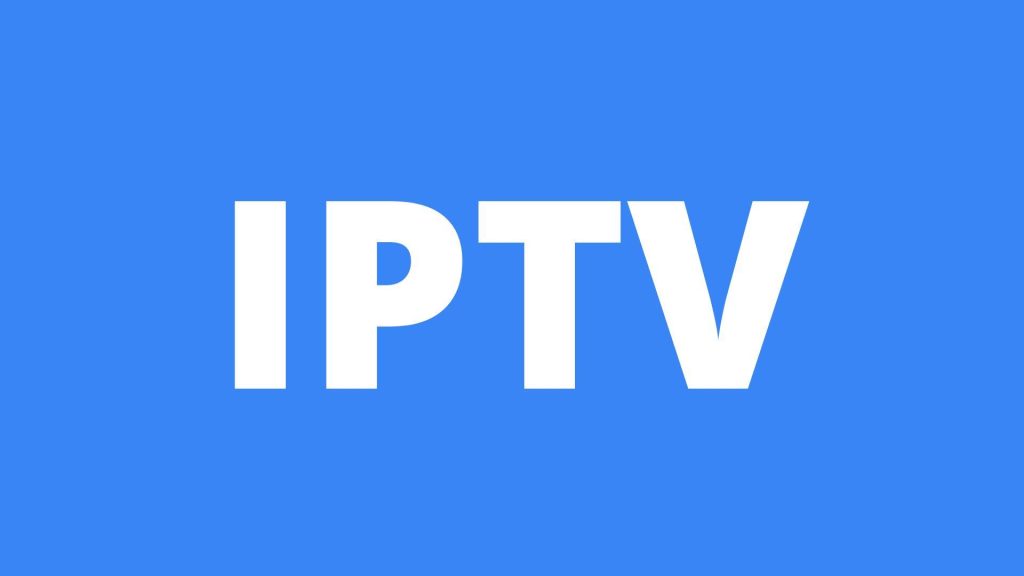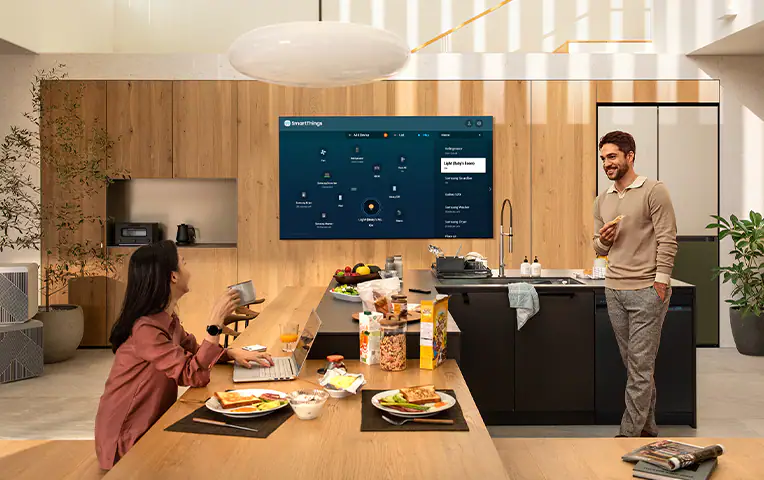IPTV Without Lag: Seamless No-Buffer Streaming | StaticIPTV.us
Introduction to IPTV Without Lag The importance of lag-free and buffer-free streaming in IPTV In the world of streaming entertainment, nothing ruins the experience more than lag, freezing, and buffering. When choosing an IPTV provider, IPTV Without Lag is essential to prioritize streaming reliability and stability. After all, what good is unlimited entertainment if you can’t enjoy it seamlessly? Benefits of a reliable and stable IPTV service A top-tier IPTV service utilizes fast internet servers and advanced compression algorithms to ensure crystal clear streams with zero lag, freezing, or buffering. Here are some benefits of choosing a reliable and stable IPTV service: – Seamless high-definition playback: With a premium IPTV service, you can expect fluid streams with no dropouts, pixelation, or stuttering. Say goodbye to the frustrations of interrupted viewing experiences. – Consistent performance across devices: Whether you’re streaming on a television, computer, tablet, or smartphone, a reliable IPTV service ensures that you can enjoy high-definition entertainment without any hiccups. No matter which channel or device you select, the streaming quality remains top-notch. – 24/7 entertainment: With a stable IPTV service, you can enjoy flawless high-definition entertainment round the clock. Say goodbye to unpredictable cable interruptions and spotty WiFi signals that disrupt your viewing pleasure. With a premium IPTV service, you can expect uninterrupted streaming whenever you want. – Enhanced video fidelity: Premium IPTV services prioritize delivering buttery smooth video fidelity. With fast internet servers and advanced compression algorithms, these providers ensure that you can enjoy your favorite shows and movies in stunning high definition. – Reliability you can count on: A reliable and stable IPTV service is built on a robust streaming infrastructure that can handle a high volume of users without compromising on performance. You can trust that your chosen service will provide consistent and reliable streaming experiences, allowing you to immerse yourself in unlimited entertainment without worries. Conclusion When evaluating IPTV providers, it is crucial to consider their streaming reliability and stability. By choosing a premium IPTV service with a dependable streaming infrastructure, you can enjoy uninterrupted and seamless high-definition entertainment. Say goodbye to lag, freezing, and buffering, and welcome a world of fluid streams and flawless video fidelity. What is IPTV? Explanation of IPTV and how it works IPTV, which stands for Internet Protocol Television, is a method of delivering television programming and other video content using the Internet Protocol (IP) networks. In traditional broadcasting, television signals are transmitted through satellite or cable networks. However, with IPTV, the content is streamed over the internet, allowing viewers to access and watch their favorite shows, movies, and other video content on various devices. The working principle of IPTV involves encoding television signals into IP packets and then streaming them over a network. When a user requests a particular program or video, it is sent to the viewer’s device via an internet connection. The packets are then reassembled by the user’s IPTV receiver or set-top box, which converts them into a format that can be displayed on the television screen. With IPTV, viewers have the flexibility to watch content on any compatible device, including smartphones, tablets, smart TVs, and computers, as long as there is an internet connection available. This allows for a more personalized and interactive TV viewing experience, as users can choose what they want to watch and when they want to watch it. Overview of different types of IPTV services There are different types of IPTV services available, each offering unique features and benefits. Here is a comparison of the main types: 1. IPTV Over the Top (OTT): OTT IPTV services provide direct access to content through an internet connection. Users do not need a separate set-top box or specific equipment; they can simply access the service through apps or websites on their devices. 2. IPTV on Managed Networks: Unlike OTT IPTV, these services are supported on managed networks that have the capability to handle multicast transmission. Managed IPTV services are typically offered by telecommunication companies or internet service providers and require a set-top box or a dedicated IPTV receiver. This infrastructure ensures a reliable and high-quality streaming experience. 3. Hybrid IPTV: Hybrid IPTV combines traditional broadcast television with IPTV functionality. It allows viewers to access both live TV channels and IPTV content through a single interface. Hybrid IPTV services often require a specific set-top box or a compatible smart TV. 4. Time-shifted IPTV: This type of service enables users to watch previously broadcasted shows or video content on-demand. Users can rewind, fast-forward, or pause the content, giving them more control over their viewing experience. Time-shifted IPTV is commonly offered by telecommunication providers as part of their IPTV packages. In conclusion, IPTV is a revolutionary way of delivering television programming and video content using IP networks. With its flexibility, interactivity, and wide range of services, IPTV has transformed the way people consume entertainment media. Whether it is through OTT services, managed networks, hybrid systems, or time-shifted viewing, IPTV offers a more convenient and personalized TV experience for viewers worldwide. Factors Affecting Lag and Buffering Common reasons for lag and buffering issues in IPTV Lagging and buffering are common problems faced by IPTV users. Several factors can contribute to these issues, including: 1. Internet Speed: The most significant factor affecting IPTV performance is the internet speed. A fast and stable internet connection is crucial for smooth streaming. Insufficient bandwidth or high network congestion can result in lagging and buffering. 2. Local Network Issues: Problems with your local network setup can also lead to lagging. Issues such as a weak Wi-Fi signal, router configuration errors, or insufficient network bandwidth can cause interruptions in the IPTV stream. 3. Content Source: The source of the content being streamed can also impact the streaming experience. If the content is coming from a poorly optimized source or a source with a slow connection, it can lead to lagging and buffering. Choosing a reliable and well-optimized content source is important for a seamless IPTV experience. 4. Device Specifications: The specifications of the
IPTV Without Lag: Seamless No-Buffer Streaming | StaticIPTV.us Read More »



